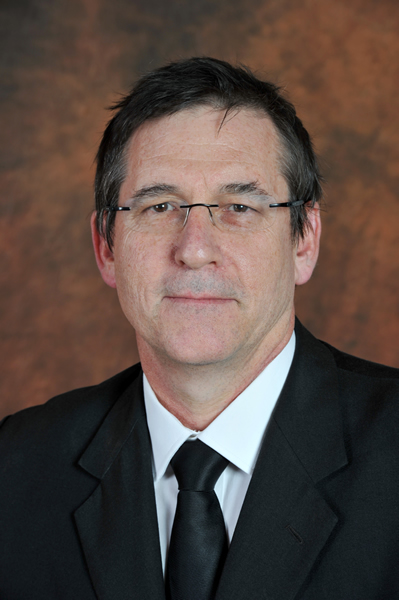
The South African government has demonstrated its commitment to a peaceful and prosperous Africa by giving effect to the rights of the constitution and through its foreign policy.
“As you know we have experienced anti-foreigner sentiments in our country and over the past few years, it has been a priority for government to see how various sectors can work with government to promote orderly and legal migration and good relations between South Africans and other nationals,” Deputy Minister of Justice and Constitutional Development, John Jeffery, said on Monday.
Issues relating to violence and discrimination against foreign nationals have been addressed through a number of current and previous Inter-Ministerial Committees (IMCs), such as the IMC on migration, the IMC on social cohesion and the IMC on population policy.
In July last year, the President established the IMC on migration with a specific focus on the migration of foreign nationals for employment and related opportunities.
“There are factors, which pose challenges. South Africa has become an attractive destination for illegal immigrants seeking economic opportunities, coupled with growing unemployment levels, South Africa has seen an increase in hostilities to foreign nationals irrespective of their legal status. This has often culminated in violence, the destruction of property and the loss of life,” the Deputy Minister said.
He was addressing an Africa Day webinar taking place under the theme: “The Constitution as an enabler for fostering inter-continental relations – towards a better Africa and a better world”.
“Our Constitution’s Bill of Rights states that the majority of rights are guaranteed to everyone. In other words, not only to South Africans but also to foreign nationals within our borders. Therefore foreign nationals do enjoy the same rights to health care, education and social security as citizens do,” Jeffery said.
He said South Africa’s courts, in particular the Constitutional Court, have been instrumental in making socio-economic rights a reality for all in the country.
“Economic instability of the impact of COVID-19 in the Southern African Development Community (SADC) and other regions have raised fears that this may ignite future hostilities towards foreign nationals,” the Deputy Minister said.
In October last year, the Human Sciences Research Council, together with Ipsos, looked at anti-immigrant sentiments in South Africa
The survey was conducted between October and November 2019, in the four South African provinces, where most asylum seekers and cross-border migrants live, namely Limpopo, KwaZulu-Natal, Western Cape and Gauteng.
“Some of the findings were that anti-immigrant sentiments fuelled by implicit and explicit link that is made in the public discourse between migration and social problems. There were also positive findings. It found that the more contact people have with migrants or refugees, the less likely they are to hold xenophobic sentiments.
“Furthermore about two fifths of the population agreed that according to their faiths, they should help provide for the needs of foreigners,” the Deputy Minister said.
The study also made a number of recommendations, such as that media is a highly influential platform that could help change the public opinion of migrations.
“A communication campaign therefore requires cooperation from prominent leaders who have the trust of South Africans. Religious institutions could also take a stand as the organization could have a significant effect of how people see refugees and asylum seekers.
“Religious leaders need to be strongly involved in campaigns and initiatives to reshape the views, attitudes and beliefs on foreign nationals in South Africa,” Jeffery said.
The study also recommended that integration policies be implemented to ensure full participation by non-citizens in the social, civic and economic life of the South African society.
The Deputy Minister said South Africa has also played and continues to play a leading role in conflict resolution and peace building efforts in Africa.
Deputy Minister of Arts and Culture, Nocawe Mafu, said her department supports the National Action Plan against racism, racial discrimination, xenophobic and related intolerances.
“In terms of xenophobia we work closely with social cohesion advocates that are involved in all the NGOs that look after the rights of immigrants, especially African immigrants who are in the country having fled prosecution and civil strife from their own countries,” she said.
The discussion took place as part of the Department of Justice and Correctional Services celebration of the 25th anniversary of the Constitution.